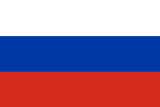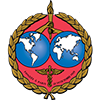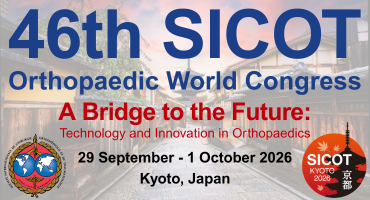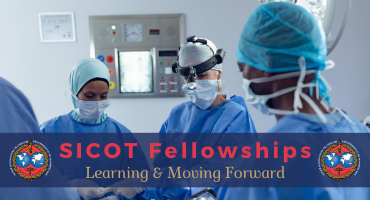 Orthopaedic Training in Russia
Orthopaedic Training in Russia
Ilmira Aleeva & Bassel El-Osta
Lately, there has been a lot of interest in the biggest country on Earth, Russia, the mother of engineering, sciences and obviously medicine. Who doesn't know Prof Vechnevski and Prof Ilazarov? During the time of the Soviet Union, many doctors from all over the world came and studied undergraduate and postgraduate medicine in the USSR. Some for free while others had to pay. Some became very famous and successful in their home country and some did not. So, what is the secret?
In Russia, there are around 150 medical universities, some of them founded more than 300 years ago. For an undergraduate medical degree, an individual has to study for six years after which he or she will receive a diploma as Vrach (Doctor) in general medicine. Only after obtaining this diploma can an individual pursue postgraduate training in medicine.
There are various ways of pursuing postgraduate training in Russia. Postgraduate training or fellowship is the responsibility of higher education institutions or research institutions, which provide training for scientific higher degree qualifications.
However, postgraduate studies in medicine have some peculiarities. The Diploma of Higher Education is adequate only for training in non-clinical specialties (for example histology, cytology and embryology, pathological anatomy, physiology). A person with higher medical qualifications with experience in clinical work or a final year medical resident can pursue training in graduate school for a clinical specialty. For admission with clinical experience, one must already work for at least 3 years.
For admission into graduate school, one needs to enrol immediately after undergraduate studies, since one can otherwise only work in a non-clinical faculty.
The duration of study in graduate school on a full-time basis is three years and part-time is four years. The fellowship is one of the stages of postgraduate education and training which provides scientific teaching and research activities. Postgraduate training is open to citizens of Russia, CIS and foreign citizens.
Also, a parallel postgraduate medical training is available in the higher military educational institutions and research institutions of the Armed Forces. Associate military medical graduates can become medical officers with higher education, after having served as an officer for at least 2 years after graduation, been positively proven in the service, and demonstrated the ability in teaching or research activity.
After graduation, one needs to undertake further postgraduate training (specialization) in internship or clinical residency. What's the difference?
Internship is a compulsory primary form of postgraduate training for graduates of medical or pharmaceutical universities, giving the right of self-employment in the state, municipal and private health care systems. The main objective of the internship is the development and improvement of practical skills and theoretical knowledge. The duration of training in the internship is one year. Upon finishing the training, interns who successfully complete the training programme and pass the qualifying examination shall be issued a certificate of completion of internship and specialist certificate.
On the other hand, residency is part of a multi-level structure of higher medical education in the Russian Federation. It is a form of continuing professional education for physicians in medical schools and research institutions. The duration of training in clinical residency is a minimum of two years and up to five years.
However, in order to get into residency, you need to have a good or excellent 'red' diploma. There is also a scholarship opportunity in the form of 'target residency'. In target residency, you will sign a contract with a medical institution, where you will be working for the institution for an agreed period and your tuition will be paid by the institution.

















